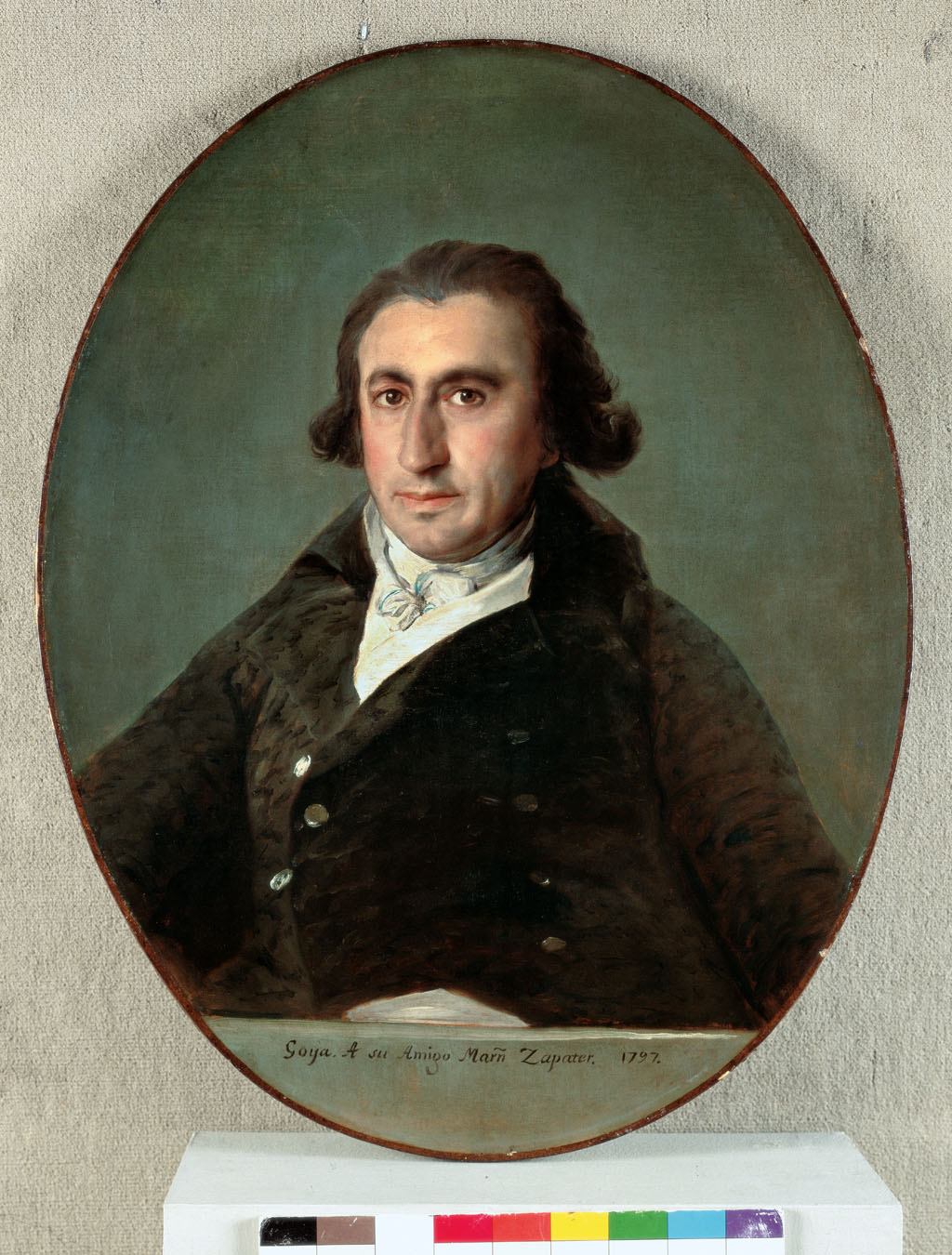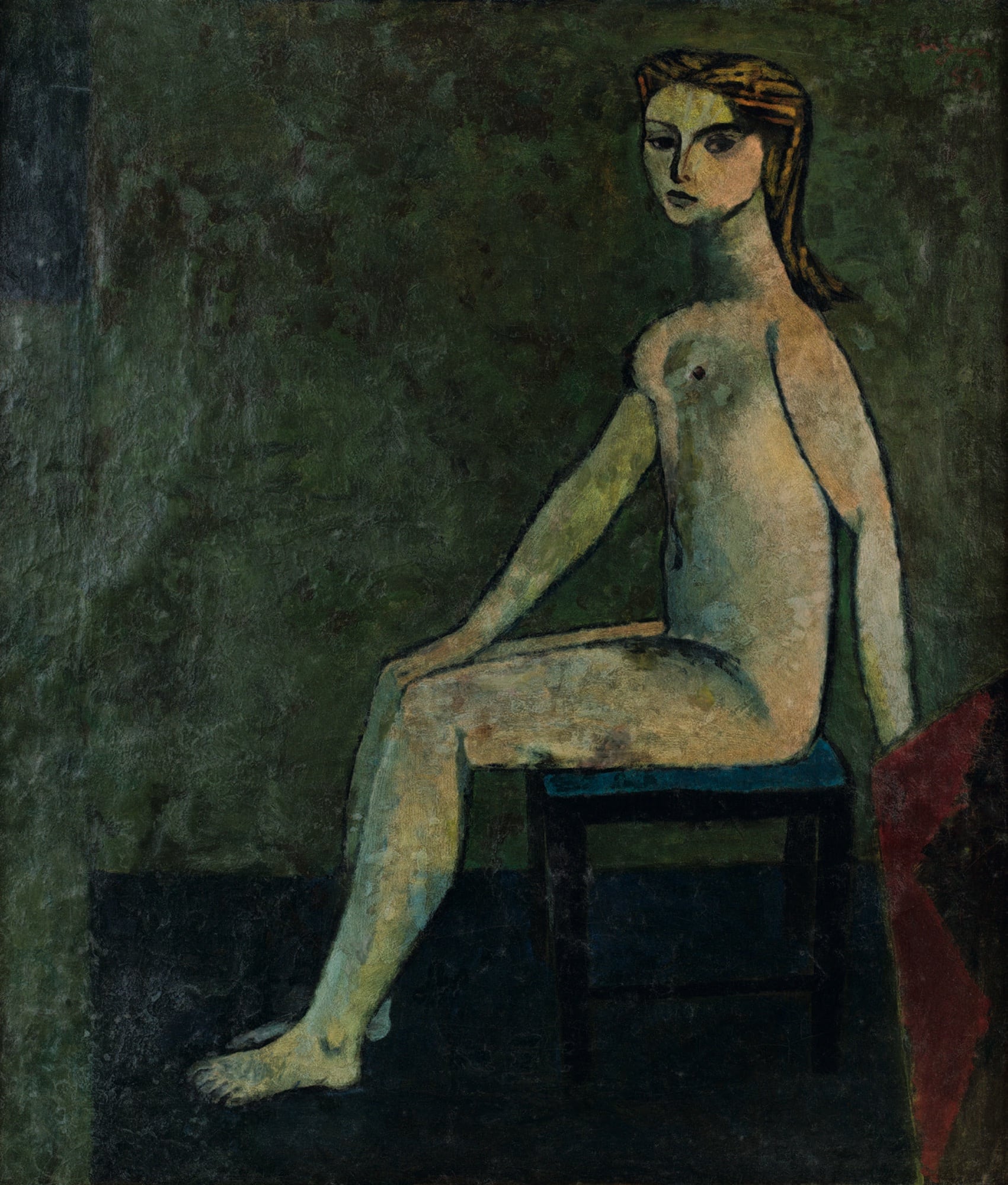Directors: Giorgos Korras, Christos Voupouras
Cast: Akis Sakellariou, Muzafer Zifla, Armando Dauti
Greece, Cyprus, Bulgaria, 1997, 125', DCP, color
Greek, Albanian with Turkish, English subtitles
At the age of thirty-five, historian Christos coincidentally meets a group of Albanian illegal immigrants. Their unique humor, optimism, and courage—displayed by Victor, Omer, and Fuad—captivate Christos, creating not only a spiritual but also an ideological transformation within him.

Martín Zapater y Clavería, born in Zaragoza on November 12th 1747, came from a family of modest merchants and was taken in to live with a well-to-do aunt, Juana Faguás, and her daughter, Joaquina de Alduy. He studied with Goya in the Escuelas Pías school in Zaragoza from 1752 to 1757 and a friendship arose between them which was to last until the death of Zapater in 1803.

A series of small and rather similar nudes Bedri Rahmi Eyüboğlu and Eren Eyüboğlu produced in the early 1930s almost resemble a ‘visual conversation’ that focus on a pictorial search. It is also possible to find the visual reflections of this earlier search in the synthesis Bedri Rahmi Eyüboğlu reached with his stylistic abstractions in the 1950s.
Tuesday - Saturday 10:00 - 19:00
Friday 10:00 - 22:00
Sunday 12:00 - 18:00
The museum is closed on Mondays.
On Wednesdays, the students can
visit the museum free of admission.
Full ticket: 300 TL
Discounted: 150 TL
Groups: 200 TL (minimum 10 people)